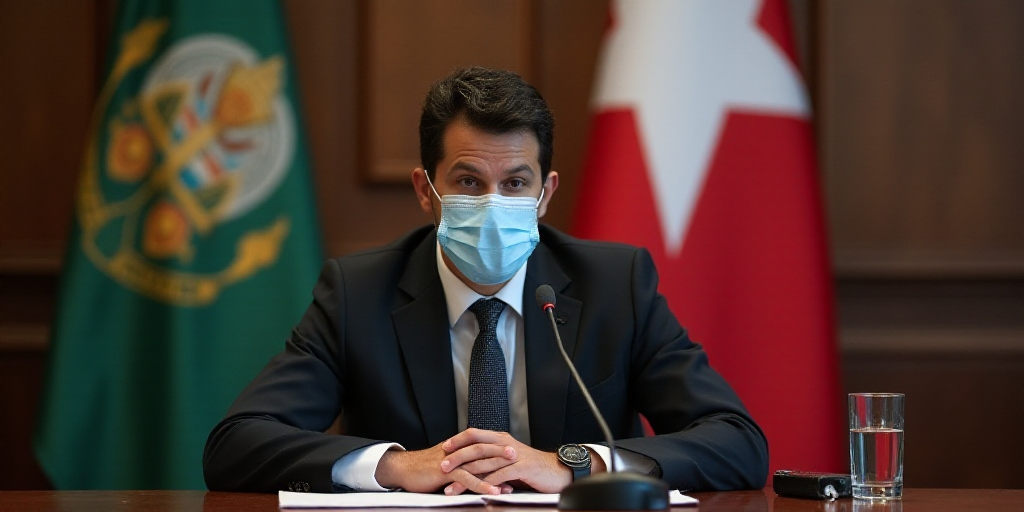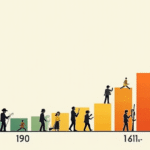Background on Tedros Adhanom Ghebreyesus
Tedros Adhanom Ghebreyesus, the Director-General of the World Health Organization (WHO), has been at the forefront of global health issues since assuming his role in 2017. As a former Minister of Health for Ethiopia, he brings extensive experience in public health and international diplomacy to his current position. His leadership has been crucial during the COVID-19 pandemic, as he advocates for global cooperation and equitable access to healthcare resources.
The Escalating Conflict Between Iran and Israel
The ongoing conflict between Iran and Israel has intensified, raising serious concerns about the safety of healthcare facilities and the ability of people to access essential medical services. The escalation of hostilities between these two nations has resulted in attacks targeting hospitals and healthcare infrastructure, putting countless lives at risk.
Specific Incidents of Hospital Attacks
- Kermanshah Hospital, Tehran: A recent explosion near the hospital in Tehran has caused significant damage, endangering patients, staff, and the overall functioning of this critical healthcare facility.
- Soroka Medical Center, Beerseba: On the same day as the Kermanshah incident, the Soroka Medical Center in southern Israel was targeted by a missile attack, further highlighting the vulnerability of hospitals in this conflict.
WHO’s Response and Appeal
In response to these alarming events, Tedros Adhanom Ghebreyesus strongly condemned the attacks on hospitals via social media, describing them as “horrifying.” He urged both Iran and Israel to prioritize the protection of healthcare facilities, medical personnel, and patients during this tense period.
Key Questions and Answers
- Who is Tedros Adhanom Ghebreyesus? He is the Director-General of the World Health Organization (WHO), appointed in 2017. With a background as Ethiopia’s Minister of Health, he has extensive experience in public health and international diplomacy.
- Why are hospital attacks concerning? Attacks on hospitals and healthcare infrastructure during conflicts threaten the lives of patients, medical staff, and hinder access to essential medical services.
- What specific incidents occurred? The Kermanshah Hospital in Tehran was damaged by an explosion, and the Soroka Medical Center in Beerseba, Israel was targeted by a missile attack on the same day.
Impact on Global Health and Future Implications
The attacks on hospitals in the Iran-Israel conflict have far-reaching implications for global health. They not only endanger the wellbeing of those directly affected but also undermine international efforts to uphold the principles of medical neutrality and humanitarian law. As tensions continue, it is crucial for all parties involved to respect and protect healthcare facilities, ensuring that medical care remains accessible during times of conflict.






